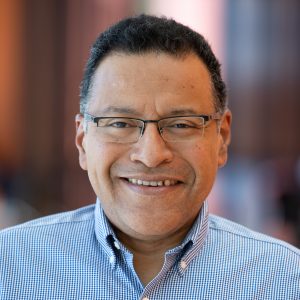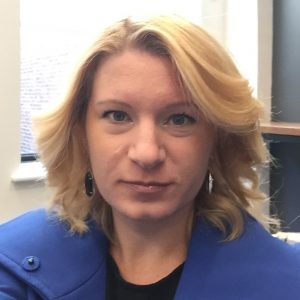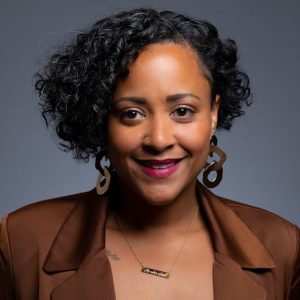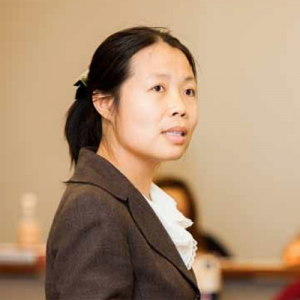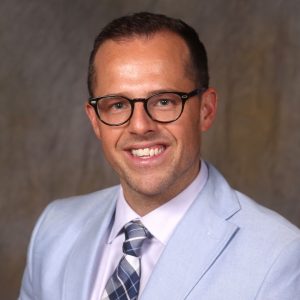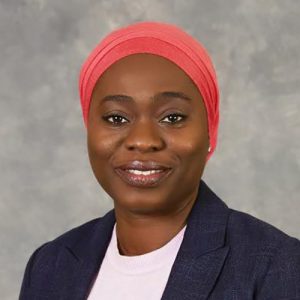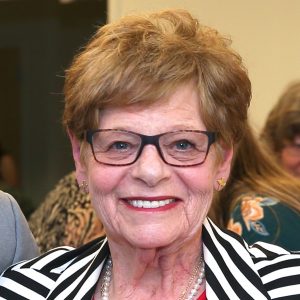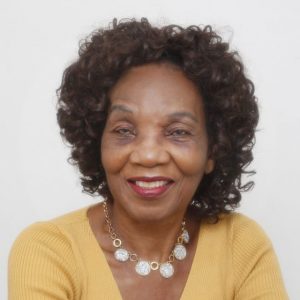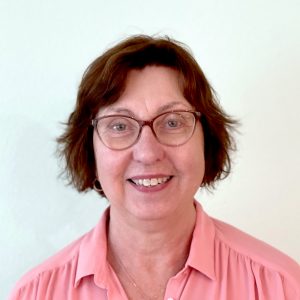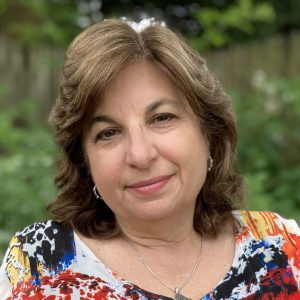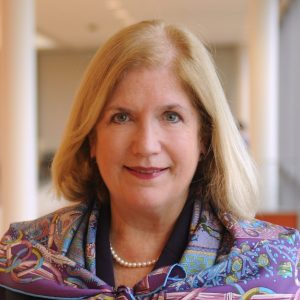 Refining Knowledge and Recognition
Refining Knowledge and Recognition
For me, promoting diversity means learning from people with a variety of different lived experiences and areas of expertise, particularly those who have been marginalized because of their race, ethnicity, sexual orientation, gender identity or disability. It is realizing how much knowledge needs to be recovered because of such exclusion and discrimination. It is also realizing how important it is to recognize our shared humanity. While reading about and learning from the lived experiences of others can never be the same as having these experiences oneself, it has been essential to my own work as an educator, a nurse, and a researcher to learn—and to continue to relearn— stories and histories of injustice and of progress. I have been greatly influenced by three scholars who have helped me to better understand the challenges around diversity and anti-racism.
Their work has helped me to better appreciate these challenges that were often analyzed in the courses I taught, particularly nursing research and higher education. The abuses of the research participants of the Tuskegee experiments were always a source of sorrow and horror for nursing research students and led to deep discussions as to how and why the Black community could have been treated so unethically for so long. The untiring work of Dr. Vanessa Gamble, the first woman and African American to hold the University Professor of Medical Humanities position at George Washington University, demonstrated her dedication and success as the Chair of the Tuskegee Study Legacy Committee to obtain a Presidential apology from our nation. While developing a higher education course, the realization of the deep inequities for diverse students led me to the early work of Dr. Derald Wing Sue concerning micro-aggressions. Because respect emerged as a central theme in many classroom dialogues I began to follow the work of Dr. Sara Lawrence- Lightfoot. Her 1990 book, Respect: An Exploration is one that I center in many curricula. By developing curricula covering a diverse range of experiences and amplifying experts from purposefully diverse backgrounds, I hope to foster the intellectual curiosity of students and create a space for them to share their own experiences and relate to the texts in multiple ways.
Consciously Reflecting
I reflect on a recent commentary on diversity within nursing that stated “There is no place within the profession for those who would knowingly provide more fulsome or competent care for some persons over others by virtue of their race (or ethnicity, religion, gender identity, sexual orientation, etc.).
However, we have tended to shy away in our collective theorizing and professional development to the pervasiveness of structural racism within our societies.” (Thorne, 2020, p.1) I believe next steps include increasing our knowledge of racism, taking action in support of anti-racism, and collaboratively identifying how nursing theory and practice can unite to provide humanistic caring for all and make those for whom we care, if marginalized, visible and if silenced, heard.
Taking Action
I am committed to foregrounding diversity in our actions as academic leaders and to also prepare future nursing faculty with the foundation to do so. Educators can prioritize diversity discussions by encouraging boundary-crossing conversations within the classroom, providing opportunities for dialogue through critical reflection essays and offering sustained support for students pursuing research reflecting the diverse health needs and disparities of our society such as maternal morbidity and mortality for Black women in America and the vulnerability of individuals with sickle cell disease, for instance. We also need to support research into how we can transform structures that repeat patterns of racism and inequality. I hope, in being an ally, I will support and contribute to the continued conversations on diversity, equity and inclusion in the university, the nursing and public health disciplines and in our communities. Thank you to the CNPH DEI Council and to Professors Charles Cal and Ditsapelo McFarland for leading us in this important work.
Thorne, S. (2020). On privilege and fragility. Nursing Inquiry, 27, 1-2. https://doi.org/10.1111/nin.12386
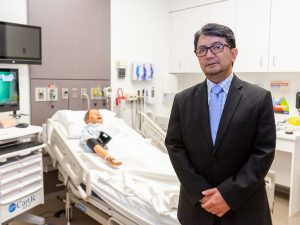
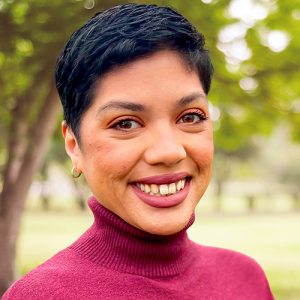
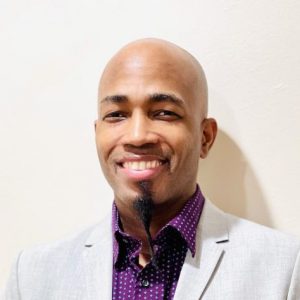 My interest in healthcare began as a young child after my mother had a tragic car accident and was seriously injured. Following her surgeries, she was left to heal at home without sufficient healthcare. I was devasted, but even more, I felt helpless as I have never seen my mother so broken physically and spiritually. I tried to nurse my mom back to health, and it quickly became clear I was out of my league. I was determined never to have that moment repeat itself in my lifetime.
My interest in healthcare began as a young child after my mother had a tragic car accident and was seriously injured. Following her surgeries, she was left to heal at home without sufficient healthcare. I was devasted, but even more, I felt helpless as I have never seen my mother so broken physically and spiritually. I tried to nurse my mom back to health, and it quickly became clear I was out of my league. I was determined never to have that moment repeat itself in my lifetime.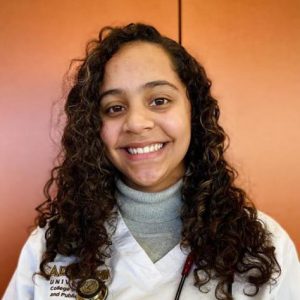
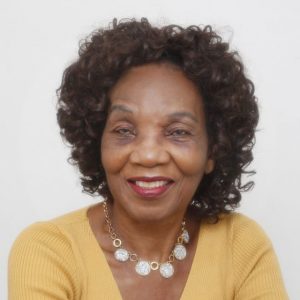 My Botswana Experience
My Botswana Experience Refining Knowledge and Recognition
Refining Knowledge and Recognition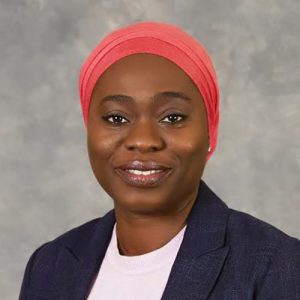 Growing up in Nigeria
Growing up in Nigeria